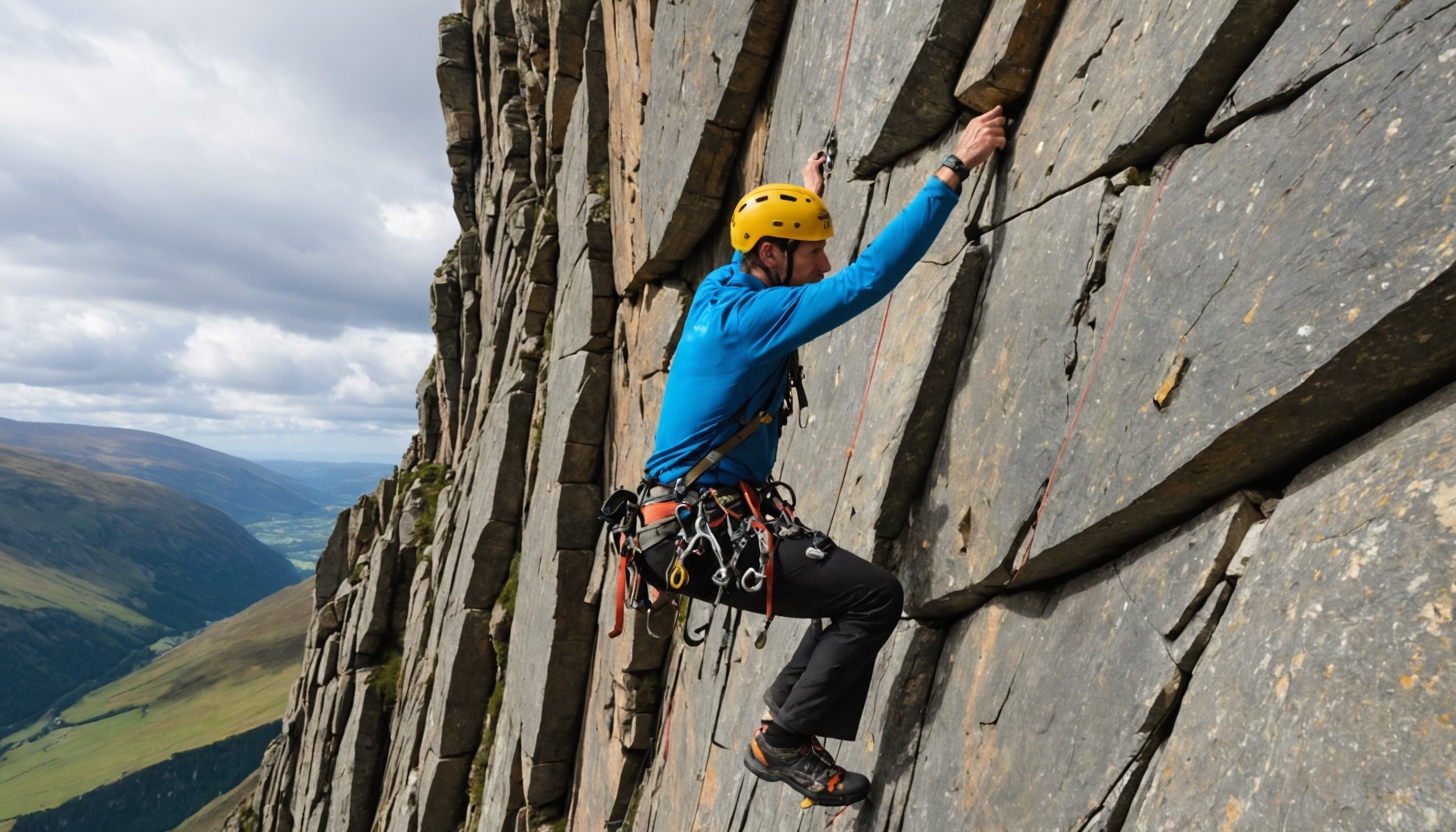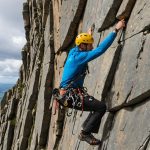Overview of Mental Sharpness and Outdoor Activities
Mental sharpness refers to the ability to think quickly and make sound decisions. It is crucial for effective problem-solving and maintaining a healthy mind. Engaging in outdoor activities has proven to significantly enhance mental functions, thanks to the combination of physical exertion and cognitive challenges. Outdoor activities such as hiking, cycling, and climbing stimulate the brain, enhancing cognitive performance and boosting mental acuity.
Physical activity directly influences cognitive performance by increasing blood flow to the brain, thereby improving concentration, memory, and overall mental clarity. Furthermore, outdoor activities reduce stress, a common obstacle to cognitive function, creating a more conducive environment for mental sharpness.
In parallel : Boosting Mental Well-being: The Positive Impact of Community Sports on Stress Relief for UK Adults
Some of the cognitive benefits associated with regular outdoor physical activities include improved focus, better problem-solving skills, and heightened creativity. Moreover, the unpredictability of nature forces participants to adapt quickly, honing real-time decision-making abilities. Studies have shown that individuals who integrate outdoor activities into their routines experience noticeable improvements in mental processing speed and clarity.
Incorporating these activities into daily or weekly routines can yield long-term cognitive benefits, contributing significantly to a sharper, more agile mind.
In the same genre : Essential workouts to improve posture and alleviate back pain for uk office workers
H2 – Cognitive Benefits of Outdoor Rock Climbing
Outdoor rock climbing offers a unique blend of physical and mental exertion, making it an exceptional activity for cognitive enhancement. The sport demands high levels of concentration and strategy, as climbers assess routes, calculate moves, and maintain balance while on the wall. These challenges stimulate various brain regions, effectively enhancing cognitive functions such as memory and problem-solving.
Studies have shown that climbers develop superior spatial awareness and mental agility. The act of planning and executing climbing routes translates into improved executive functions and decision-making skills in daily life. Furthermore, the coordination required in climbing helps the brain form new neural connections, which supports mental acuity.
Personal testimonials from climbers often highlight significant improvements in focus and the ability to remain calm under pressure. These benefits can result in better performance in work and personal life, as climbers effortlessly transfer these honed skills to everyday challenges. Engaging in rock climbing as a regular activity not only cultivates physical strength but fortifies the mind, providing a comprehensive boost to mental health and clarity. This makes climbing an invaluable component of a well-rounded approach to maintaining mental sharpness.
Impact on Mental Health
Engaging in outdoor climbing significantly contributes to mental health benefits, offering a natural way to alleviate stress and anxiety. This physically demanding activity serves as a potent form of stress relief, enabling climbers to release tension while focusing on the task at hand. The mindfully immersive experience leaves little room for external worries, reinforcing a sense of calm and relaxation.
Adventure sports, including climbing, play an integral role in improving overall mental well-being. By pushing physical and mental boundaries, climbers often experience heightened self-esteem and a sense of achievement. The combination of physical exertion and adrenaline invigorates the spirit, which can have lasting positive effects on one’s mood and outlook.
Research has drawn connections between regular climbing and long-term mental health improvements. Studies suggest that consistent participation in outdoor climbing leads to reduced symptoms of depression and anxiety over time. This may be attributed to the physical benefits of exercise, as well as the mental challenges and social interactions involved.
Whether it’s the emotional release or the camaraderie within climbing communities, individuals find well-being advantages in this captivating pursuit. Such mental health benefits underscore the value of integrating climbing into one’s lifestyle.
Enhancing Focus and Problem-Solving Skills
Outdoor rock climbing is a powerful avenue for enhancing focus improvement and honing problem-solving abilities. The nature of climbing requires climbers to make real-time decision-making, navigating through unpredictable terrains while simultaneously assessing risks and calculating movements. This continuous, strategic thinking sharpens mental agility and focus.
The physical challenges of climbing are intricately linked to cognitive clarity. Each route demands a unique combination of strength, coordination, and balance, compelling the climber to remain fully present. This necessity for constant engagement of both the mind and body translates into improved cognitive performance, boosting abilities in everyday situations requiring focus and problem-solving.
Examples of skills improved through regular climbing practice are numerous. Climbers develop heightened awareness and adaptability, traits that are invaluable in both professional and personal settings. Through the constant engagement required in climbing, individuals not only increase their ability to focus but also enhance their creative thinking and analytical skills. By fostering these competencies, climbing serves as a comprehensive tool for cognitive development, making it an ideal choice for those seeking to sharpen their mental faculties through engaging outdoor activities.
Local Climbing Options in the UK
In the UK, outdoor climbing enthusiasts are spoiled for choice, with a variety of scenic and challenging spots available. Notable locations include Peak District, known for its gritstone climbs, and Snowdonia, which offers both crag and mountain routes. For those seeking sea cliff adventures, Pembrokeshire is renowned for its stunning coastal climbs.
For individuals new to climbing or those looking to join a community, there are numerous local climbing groups across the UK. These clubs provide an avenue not only for climbing but also for fostering connections with fellow climbers, offering support, and sharing essential climbing knowledge. Engaging with these groups can significantly enhance the climbing experience.
Accessibility is a key consideration for beginners. Fortunately, many UK climbing spots have beginner-friendly routes, ensuring that those new to the sport can enjoy the thrill of the climb while developing their skills. Additionally, local climbing guides are available to provide assistance and ensure safety during climbs. These resources make climbing in the UK an inviting and accessible pursuit for new and seasoned climbers alike, catering to a range of skill levels and preferences.
Tips for Beginners in Outdoor Rock Climbing
Embarking on outdoor rock climbing requires preparation and the right beginner climbing tips. Acquiring essential climbing gear is the first step to ensure a safe and enjoyable experience. Key equipment includes a well-fitted harness, climbing shoes for grip, and a sturdy helmet for protection. Additionally, a belay device and carabiners are crucial for safety on the cliffs.
Practising sound outdoor safety measures is paramount. Conducting a thorough pre-climb equipment check can prevent accidents. Understanding weather conditions and their implications is vital—avoid climbing in adverse weather to ensure safety. Beginners should start with simpler routes to build confidence and technique.
Seeking proper instruction is advisable for newcomers. Many courses and climbing schools across the UK offer comprehensive training, teaching foundational skills and safety protocols. These resources provide invaluable guidance and help beginners acclimate to the climbing environment—ensuring a more fun and secure introduction to the sport.
Joining local climbing communities can also prove beneficial. They offer mentorship, share valuable insights, and provide support, making the climbing journey both enjoyable and educational.











